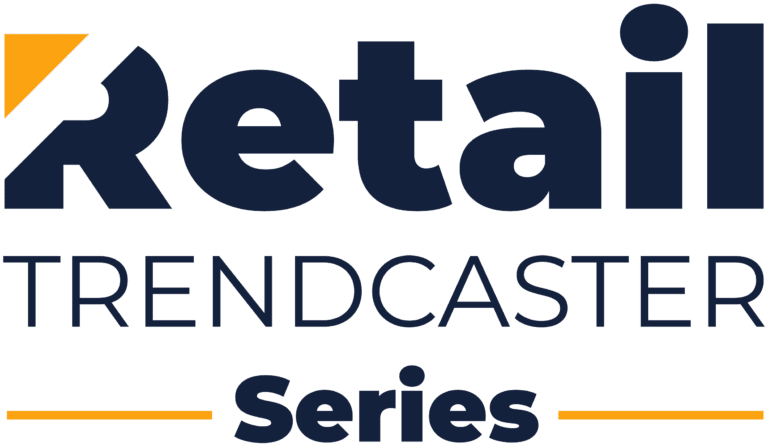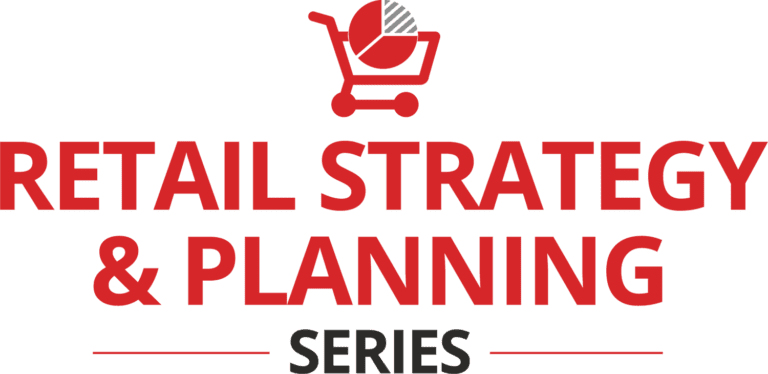By Patrick Allard, Newgistics

Whether online retailers like to admit it, returns have always been an important part of selling online. But too often, returns are a customer touch point that gets overlooked. They’re viewed as a line item in a budget, or a cost of doing business that increasingly retailers have to absorb. That shortsighted view doesn’t take into account how essential returns were in helping to initiate the first great wave of e-Commerce, or how returns can even help to drive profits for retailers who want to lead the next wave.
Essential From The Start
While e-Commerce first began to capture people’s attention in the 1990s, it didn’t really start to take off until the turn of the Millennium. There were a lot factors that contributed to the first wave of e-Commerce growth, and assuring customers that they had a quick and easy path to return purchases from home was definitely one of them.
The absence of a storefront to walk into, speak with someone face-to-face and physically hand over goods for a refund or exchange originally made consumers uneasy about shopping online. And to get around this hurdle, retailers invested in things that made the returns process a little easier for customers. SmartLabels that are already included with a shipment or can be printed at home, and better tracking technology to keep customers apprised of their return’s location are two great examples. These were investments that certainly paid off and helped online retailers give their customers the peace of mind they needed to start shopping online.
Necessary, But Far From Evil
A lot has changed since the early days of e-Commerce, but for many retailers, the way they view returns hasn’t evolved as quickly as the rest of their operations. They still view returns as a necessary evil; something they know is an essential part of e-Commerce, but they don’t want to think about any more than they have to.
However, retailers that spend more time thinking about returns and developing the right returns strategy — one that’s tightly integrated with their overall brand experience – are seeing the benefits. They’re improving revenue by reducing friction at checkout, creating additional opportunities to market/merchandise product, and improve brand loyalty and customer lifetime value. In order to develop the right strategy and see these benefits, there are four “Cs” that all retailers need to keep in mind:
- Convenience: Customers who have to make a return will already see it as an inconvenience, so make the process as easy as possible. Print-at-home labels are a great first step, and pre-paid labels are even better. Next, make sure your carrier has convenient drop-off locations, or better still, work with a carrier like the U.S. Postal Service that will pick up at any location.
- Clarity: It’s all about expectations. Make sure your returns policy is clear, concise, specific and easy to find on your site. Before they make a purchase, consumers want to know that it’ll be easy to make a return if they have to.
- Consistency: Make sure your policies and procedures are consistent across all customer channels and touch points. Returns are an important part of the shopper lifecycle and should be an extension of your brand if you want to keep customers coming back.
- Communication: The value of communication is one of the most overlooked areas of the returns process. Primarily, retailers should make sure they’re proactively keeping customers updated on the status of their return credit or exchange. This improves the overall brand experience while reducing call center volumes to save on operations budgets. In addition, this proactive communication is a great opportunity to market additional items through a recommendation engine or promotional offer.
By following these steps and offering flexible return policies, retailers are improving conversion rates and establishing better loyalty with customers. The right returns strategy can ultimately pay for itself by lowering total logistics costs, improving the customer experience and driving sales.
Patrick Allard is SVP of Sales at Newgistics, a company that has been helping leading retailers and brands with e-Commerce returns since inventing the Newgistics SmartLabel in 2001, and now provides solutions and technology that span the entire e-Commerce lifecycle, from device to doorstep.





